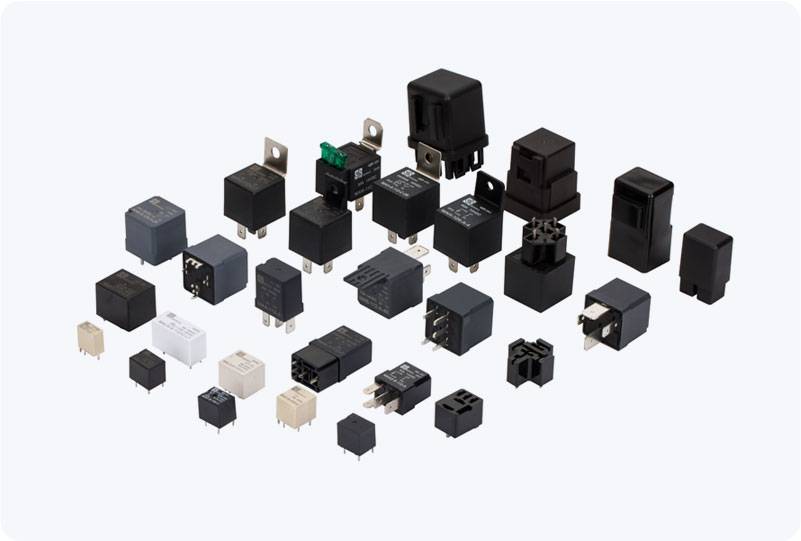iec 61811 ev relay: ensuring safe and efficient charging for electric vehicles
Release time:2025-11-12 01:30:49
The rise of electric vehicles (EVs) has brought about significant changes in the automotive industry, with charging infrastructure becoming a critical component in the adoption and widespread use of EVs. Among the various elements that ensure safe and reliable EV charging, relays play a pivotal role. One standard that governs the use of relays in electric vehicle charging systems is IEC 61811, which outlines the requirements for EV relays in terms of electrical performance, safety, and reliability. This article explores the importance of IEC 61811 EV relays, their role in EV charging systems, and the benefits of adhering to this standard.

Understanding IEC 61811 and Its Relevance to EV Charging IEC 61811 is a standard established by the International Electrotechnical Commission (IEC) that specifically addresses the performance and safety requirements for relays used in EV charging systems. Relays are vital components in the operation of EV chargers, as they control the flow of electricity between the charging station and the vehicle. Their primary function is to ensure that electrical connections are made safely and reliably during the charging process. As electric vehicles require high-voltage and high-current charging, the relays used in these systems must meet strict technical specifications to handle the increased electrical demands. IEC 61811 sets forth guidelines for the electrical characteristics of relays, such as their rated voltage, current, and power handling capabilities, to ensure that they are up to the task.

